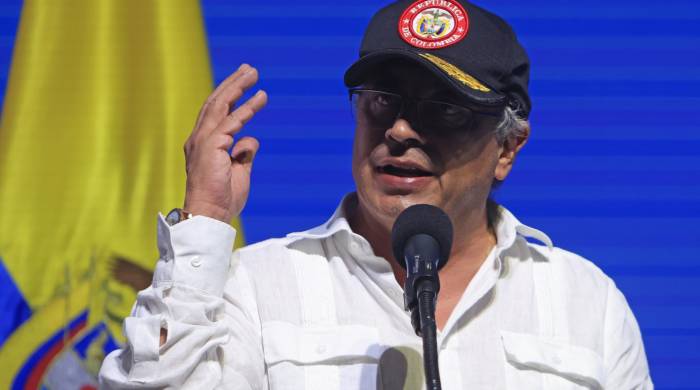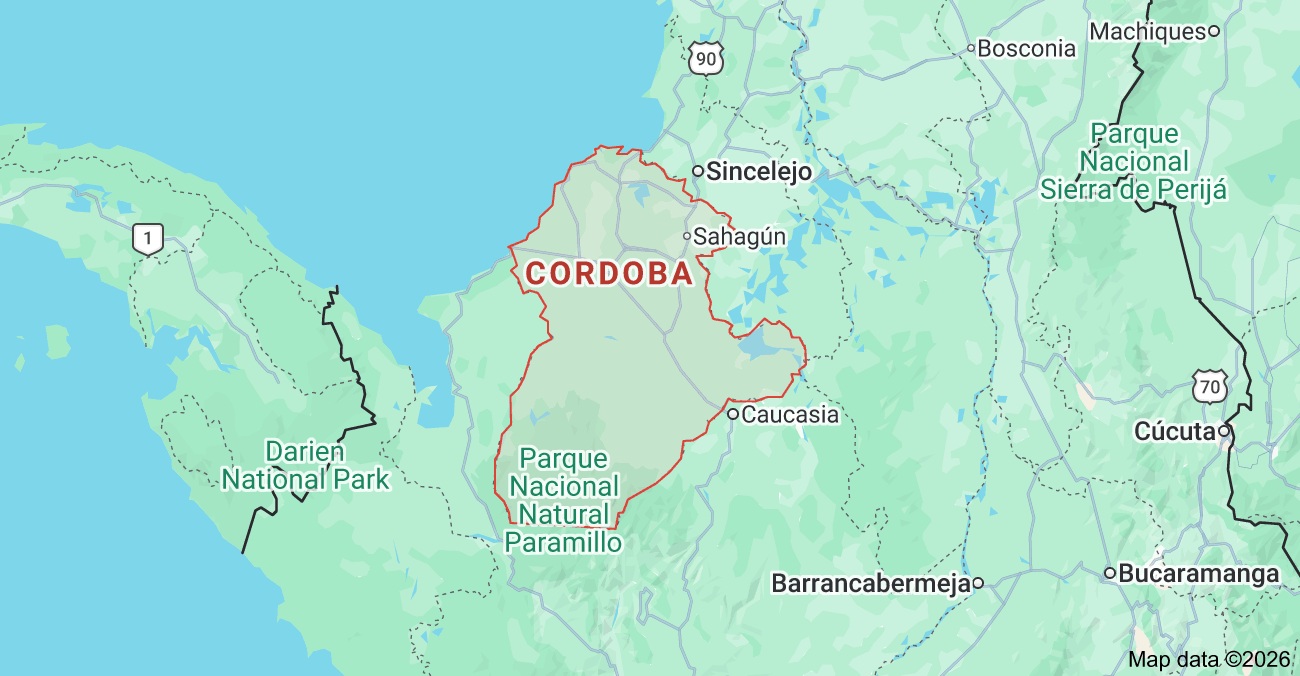Leftist ex-guerilla wins Colombian presidential nomination

AFP, Bogata, – Senator and former guerrilla Gustavo Petro won the presidential nomination of the Colombian left on Sunday by a wide margin which consolidates him as the favorite to defeat the right and center forces for the first time in the May elections.
As expected, the 61-year-old candidate was the big winner in the primaries that took place simultaneously with the elections to renew the two chambers of Congress with almost 300 seats.
Petro obtained 3.3 million votes against the 597,728 of the Afro environmentalist Francia Márquez, an advantage of 66 percentage points, according to the official count.
At the head of all the polls of voting intentions for the presidential elections, Petro will face former mayor Federico Gutiérrez, who will very likely win the investiture of the right-wing coalition. In the primaries of the center forces, former Governor Sergio Fajardo leads the calculation.
The table of presidential candidates is completed by Óscar Iván Zuluaga, for the Democratic Center, the independent Rodolfo Hernández and Íngrid Betancourt, former candidate and former hostage of the extinct FARC.
The results mark the start of the presidential race ahead of the first round at the end of May. Around 39 million people were eligible to vote Sunday both for Congress and in the primaries.
Petro, who in 2018 lost the ballot with today’s president Iván Duque, is emerging as the electoral phenomenon in a country impoverished by the pandemic, with unemployment of almost 15% and hit by the uptick in violence that followed the agreement of peace with the extinct FARC and insecurity in the cities.
“Today the change begins from the polls, casting a vote that brings hope and life to Colombia,” Petro said shortly after voting.
The former mayor of Bogotá, who laid down his arms in 1990 to start a brilliant career in Congress, is heading to capitalize on the social discontent evident in the massive protests of recent years against the government, which were harshly repressed.
Petro promises to distance himself from the traditional elites and lead a government of and reforms with an emphasis on caring for the environment. His economic proposal aims to progressively leave dependence on oil and coal and promote food production and a knowledge economy.
The votes on Sunday took place under a military and police deployment of 240,000.
The legislature measured the mood of the voters ahead of May 29, when they will vote for the successor of the unpopular Iván Duque who will complete his four-year term in August.
Discredited Congress
Dominated by right-wing forces and traditional parties, Congress is today the most discredited institution in the country, according to the pollster Invamer, as a result of corruption cases.
The Democratic Center is exposed to punishment at the polls due to the performance of Duque, whose unpopularity is around 70%.
This time the right does not have its biggest voter: former president Álvaro Uribe (2002-2010), who resigned from the Senate, forced by a judicial investigation for alleged witness tampering.





